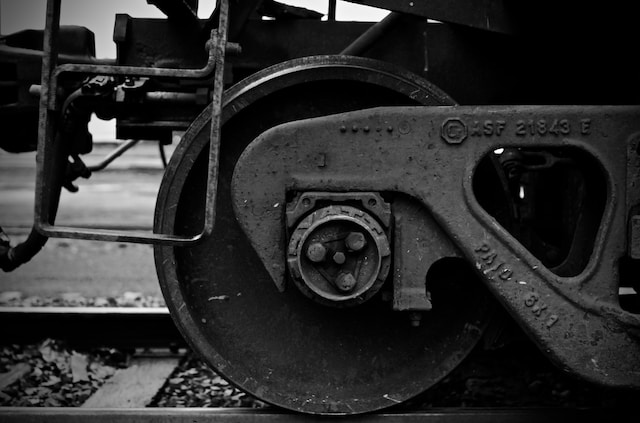A railroad company breaches its duty to provide a safe workplace when it knows or should know of a potential hazard in the workplace, yet fails to exercise reasonable care to inform and protect its employees. The railroad company’s duty is ongoing and a railroad employer’s conduct may become unreasonable if it knew of a dangerous condition but failed to take adequate steps to prevent injury.
A railroad company’s duty to provide a safe workplace begins when it has knowledge that a potential hazard exists. If a railroad employer learns of a potential hazard, it must take reasonable steps to investigate and to inform and protect its employees, or it will be liable when a railroad employee injury occurs. This duty to provide a safe workplace can not be transferred to another company or person to perform. However, this duty to provide a safe workplace does not extend to non-railroad workers.
This week an Illinois Appellate Court decided that a railroad company did not owe a duty to provide a safe workplace to non-railroad asbestos plant workers. In Campton v. Pneumo Abex Corp., the plaintiffs, asbestos plant workers, alleged that the railroad negligently transported asbestos to and from the plant where they had worked, and did not warn them of the dangers of asbestos. The question posed to the Court was, “Whether the defendant, Illinois Central Railroad Company, had a duty to the employees of an asbestos company to pick up unloaded boxcars upon the request of the asbestos company in such a manner as to prevent the movement of asbestos fibers accumulated upon the boxcars from plant operations, or warn such employees prior to moving the boxcars after the railroad had taken possession of the boxcars.”
The court looked at 4 factors to determine whether the railroad company had a duty to these non-railroad asbestos plant workers to provide a safe workplace. The 4 factors the court analyzed are (1) the reasonable foreseeability of the injury, (2) the likelihood of the injury, (3) the magnitude of the burden of guarding against the injury, and (4) the consequences of placing that burden on the defendant.
The court decided that railroad companies do not owe a duty to non-railroad asbestos plant workers to pick up unloaded boxcars in a way that prevented the movement of asbestos fibers that had built up on the boxcars from the asbestos plant operations. Further, the court held that the railroad company also did not have a duty to warn non-railroad plant employees of the dangers of asbestos before moving these boxcars.
This case makes it clear that railroad companies have an ongoing duty to its own workers to provide a safe workplace, but this duty does not extend to non-railroad workers exposed to asbestos. If you are a railroad worker who has lung cancer or another asbestos-related cancer, and you would like information about a possible lawsuit, please contact us at 1-800-374-2144.





